
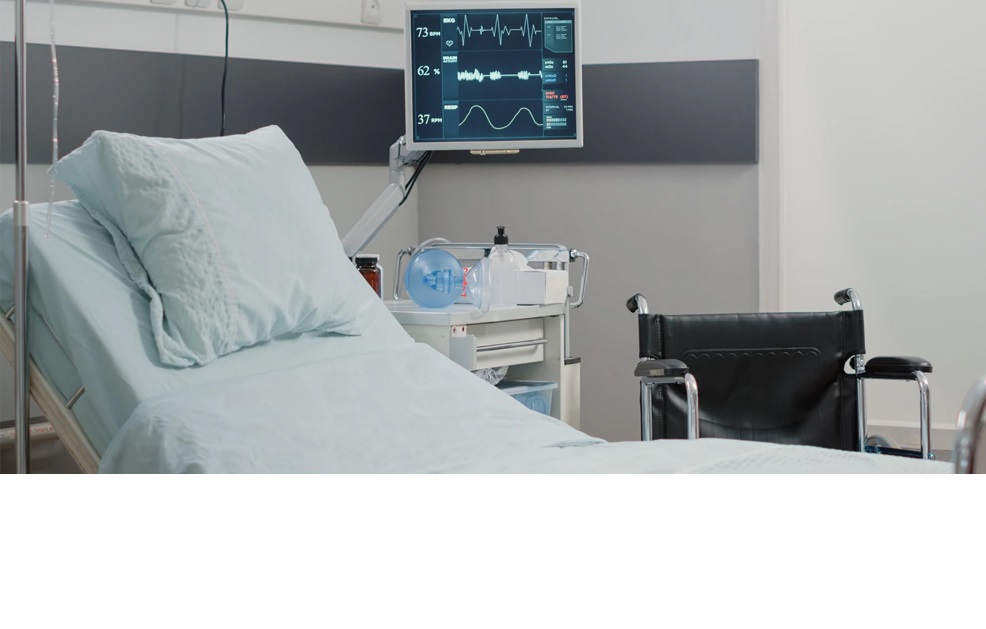
The Center breaks with the conventional setting of discipline-oriented departments, and establishes disease-centered multidisciplinary specialty groups, and clusters basic research teams to jointly promote research on disease mechanisms, screening and diagnosis, and treatment modalities. This setting enables the Center to help patients select appropriate treatments, reduce referrals and examinations within medical institutions, lower medical costs, and improve patients' experience.
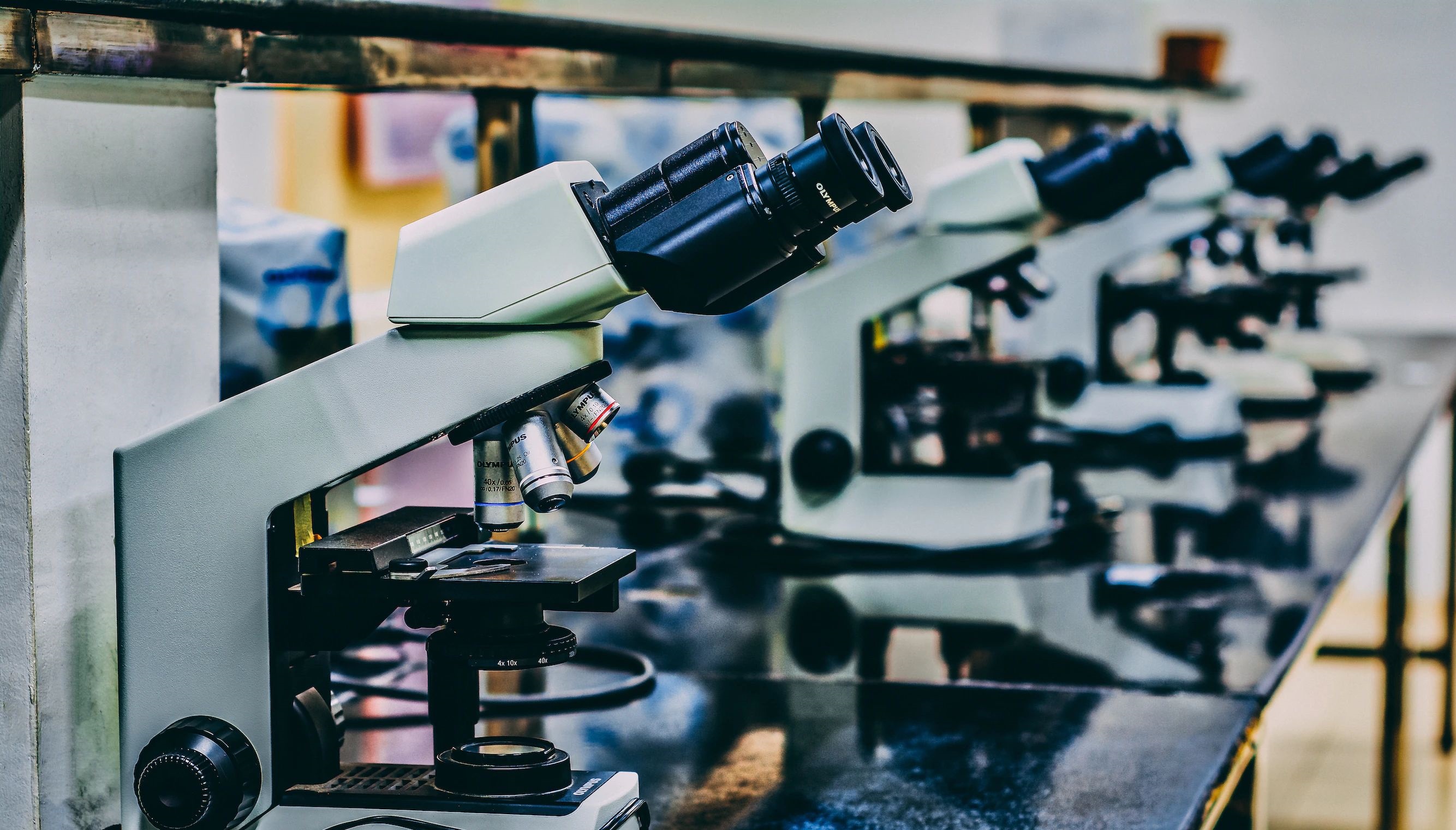
The Center has a group of multidisciplinary teams led by physician-scientists that consist of clinicians, basic researchers, pharmacists, statisticians and other multidisciplinary experts. With the mission of conducting clinical-problem-driven research, the Center identifies problems from clinical practice and relevant scientific questions, and develops treatment solutions and components, which then are fed back to the clinic for validation, evaluation and optimization.
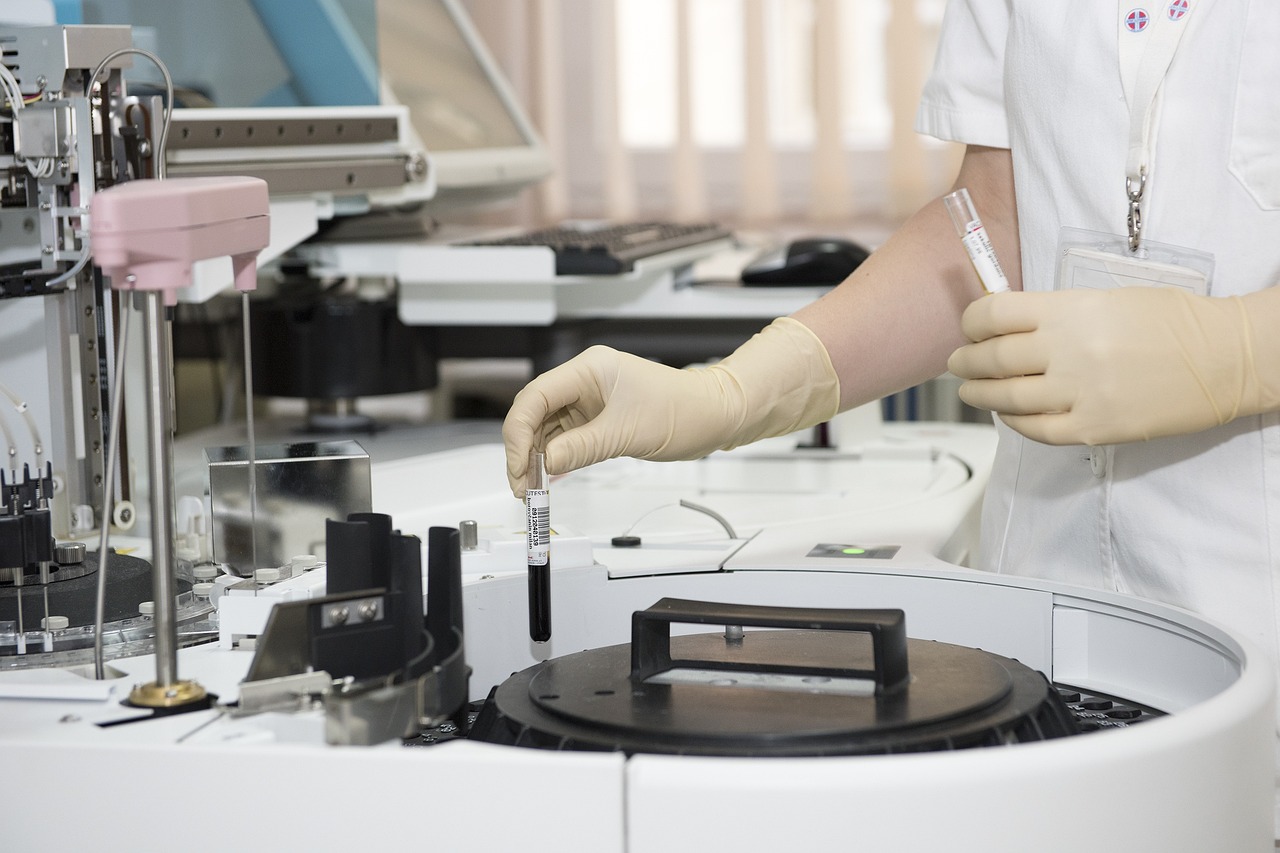
The Center employs a treatment model that promotes the patients’ participation in order to create a human-centered medical experience, combining standardized diagnosis and treatment norms with personalized program selection. In addition to routine treatments, the Center actively develops molecular imaging probes, genetic testing, and drug technology to achieve individualization and precision of treatment through exploratory research, become an “incubator” for new drugs, devices and technology.

The Center carries out a patient-centered concept and provides patients with a full range of medical services from prevention, early screening of diseases, comprehensive treatment and continuous management by means of general medicine outpatient services, health management center, MDT consultation and specialty referral. The Department of General Medicine undertakes two-way referral of patients by closely linking with specialties to ensure the continuity and professionalism of disease management.

The Center provides operational diagnosis for outpatients by enabling some traditional inpatient medical services to be performed on an outpatient, day-patient basis, and integrates them in its Day Treatment Center by enlisting technology improvement, process optimization, and lean management, thereby reducing patients’ wait-time, optimizing medical experience, and providing patients with humanistic care and support.

The Center employs a smart data center as required by its clinical and management needs. Data integration management is a strategic configuration of enabling the clinical platform for open research, providing a comprehensive showcase for a new departmental integration and treatment model, demonstrating an exploration of deep integration of “medical, research, academics, translation”, as well as a perfect demonstration of advanced information systems to achieve hospital intelligence.

The clinical team of the Center for Neurological Diseases is made up of doctors specialising in neurology, neurosurgery, neurocritical medicine, geriatrics, rheumatology, psychology, imaging, interventional medicine and pathology.
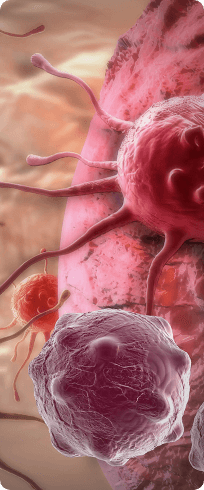
The clinical medicine team of the Oncology Center consists of doctors from the departments of Medical Oncology, Gastroenterology, Respiratory Medicine, General Surgery, Thoracic Surgery, Urology, Imaging, Radiotherapy, Interventional Medicine, Pathology and Laboratory Medicine.

The clinical team of the Center for Panvascular Diseases is made up of doctors specialising in cardiovascular medicine/surgery, neurology/surgery, vascular surgery, rheumatology, imaging and interventional medicine.
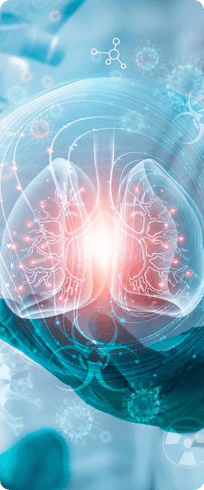
The clinical medicine team of the Center for Respiratory Diseases consists of a combination of doctors specialising in respiratory medicine, respiratory intensive care medicine, thoracic surgery, allergology, geriatrics, and otorhinolaryngology.
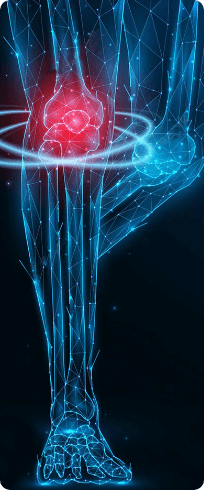
The clinical team of the Center for Rheumatology, Immunology and Musculoskeletal Diseases consists of doctors from the departments of Rheumatology, Endocrinology, Orthopaedics, Geriatrics, Nephrology, Neurology, Dermatology, Imaging and Pathology.
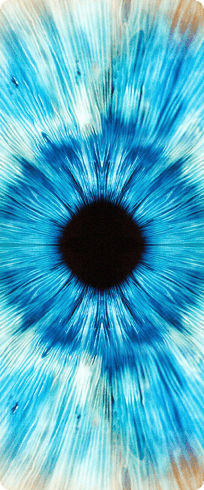
The clinical team of the Center for Sensory System Diseases consists of a combination of ophthalmologists, otorhinolaryngologists, neurologists, endocrinologists, immunologists, allergists, respiratory physicians and dermatologists.

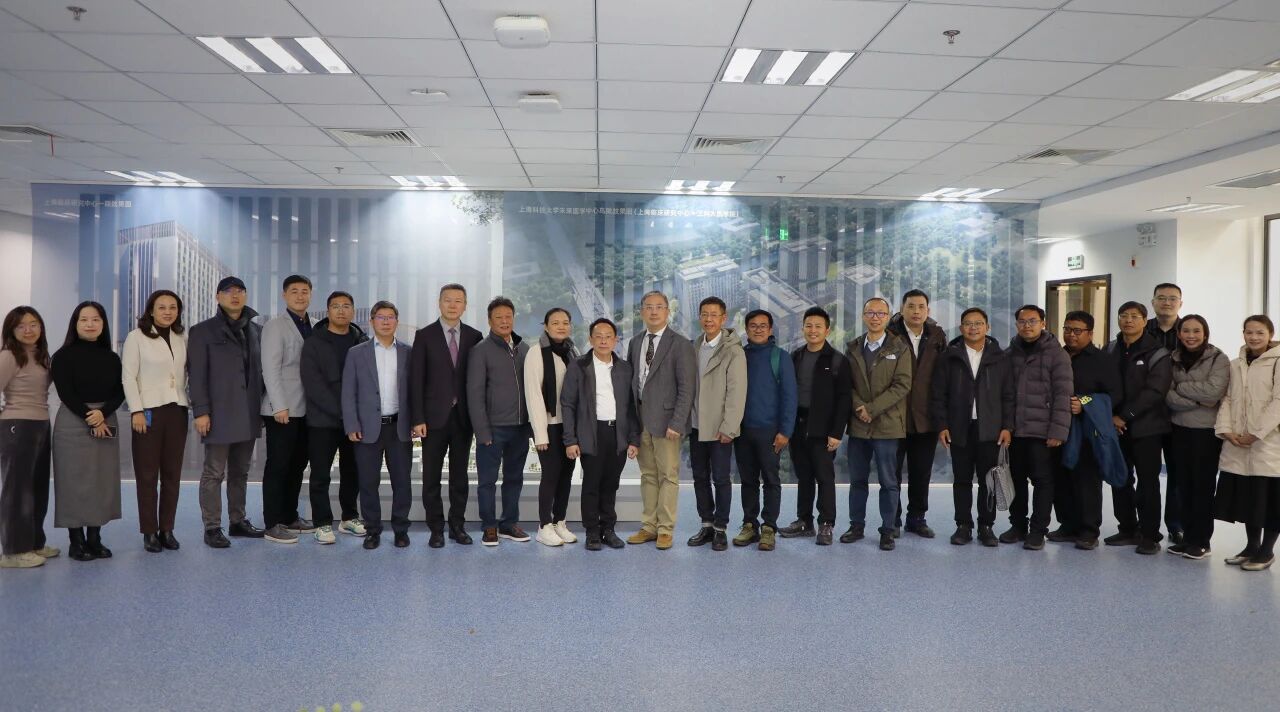
2026-01-21

2025-12-24

2025-12-04
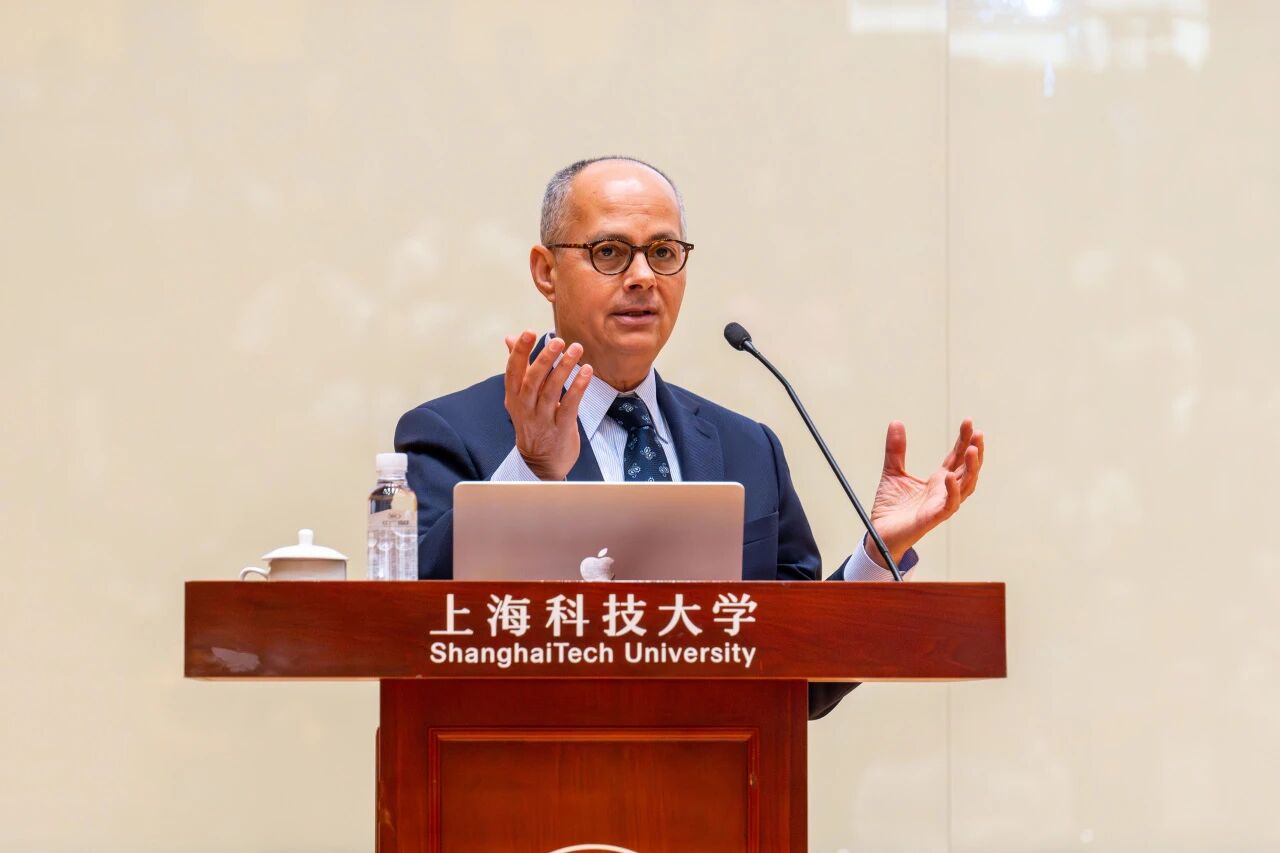
2025-11-25
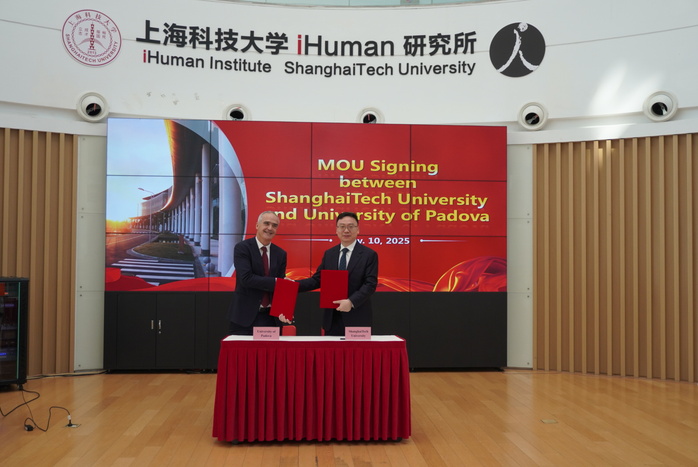
2025-11-17
Administration Office
2025-11-17
Administration Office
2025-11-12
Administration Office
2025-11-04
Administration Office
2025-04-21
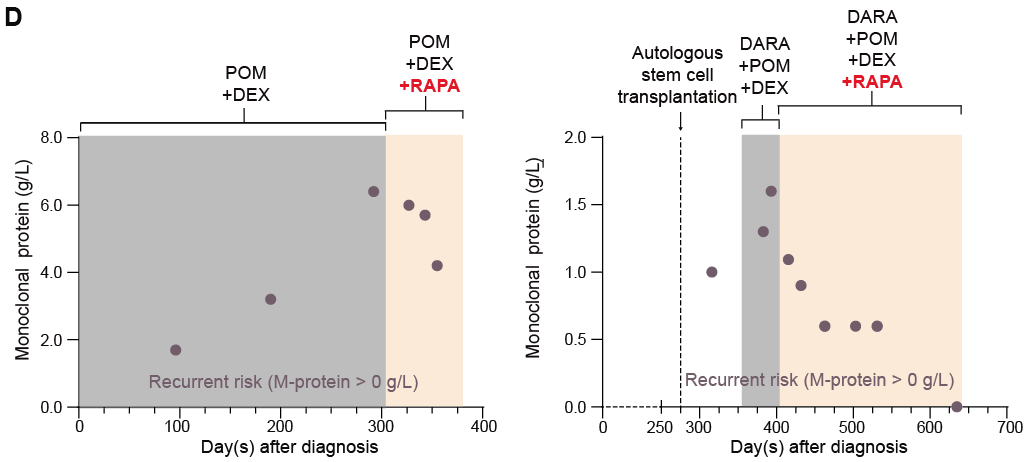
In January, the research team led by Professor Cang Yong from the School of Life Science and Technology (SLST) at ShanghaiTech University, in collaboration with the team led by Dr. Lu Wei from the Hematology Department of Shanghai Ninth People’s Hospital, published a paper titled “Inhibition of mTOR Enhances the Efficacy of Proteasome-Dependent Targeted Protein Degradation Approaches” in Cancer Research. The study reveals the critical role of the mTOR signaling pathway in regulating the efficacy of proteasome-dependent TPD approaches, and proposes a novel clinical translati
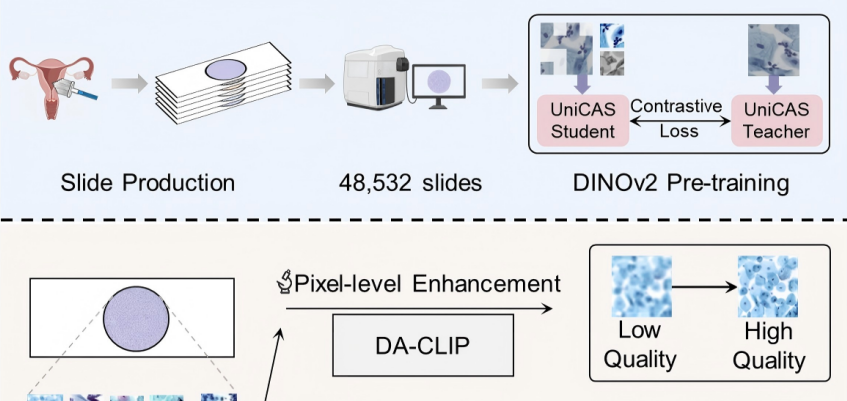
A team led by Professor Wang Qian from the School of Biomedical Engineering (BME) at ShanghaiTech University has published a new study in Cell Reports Medicine. The paper, titled “UniCAS: A foundation model for cervical cytology screening,” presents a specialized AI foundation model built for automated cervical cancer screening using ThinPrep Cytology Test (TCT) slides.
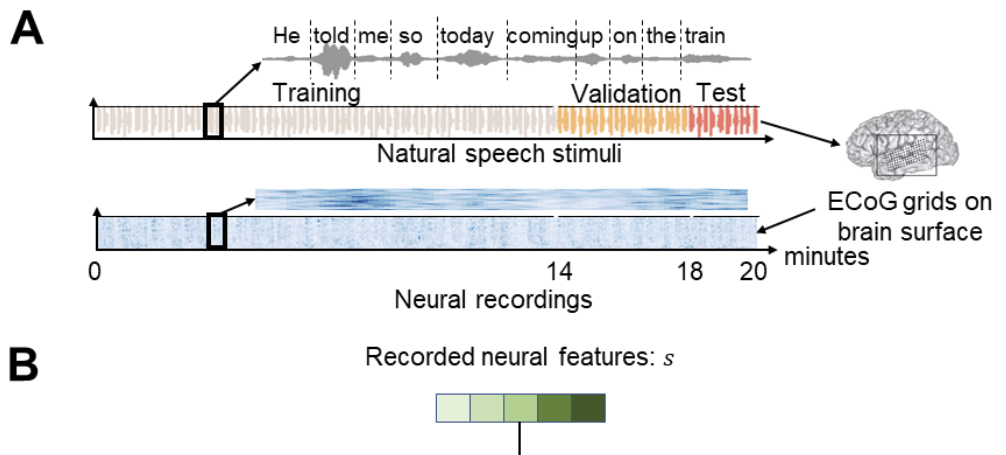
Recently, the research group led by Assistant Professor Li Yuanning from the School of Biomedical Engineering (BME) at ShanghaiTech University proposed an efficient acoustic-linguistic dual-pathway framework that achieves reconstruction of sentence-level speech with both naturalness and intelligibility, using only about 20 minutes of high-density electrocorticography (ECoG, a technique that directly records electrical signals from the brain’s cortical surface) data per participant. Their results were published in eLife.
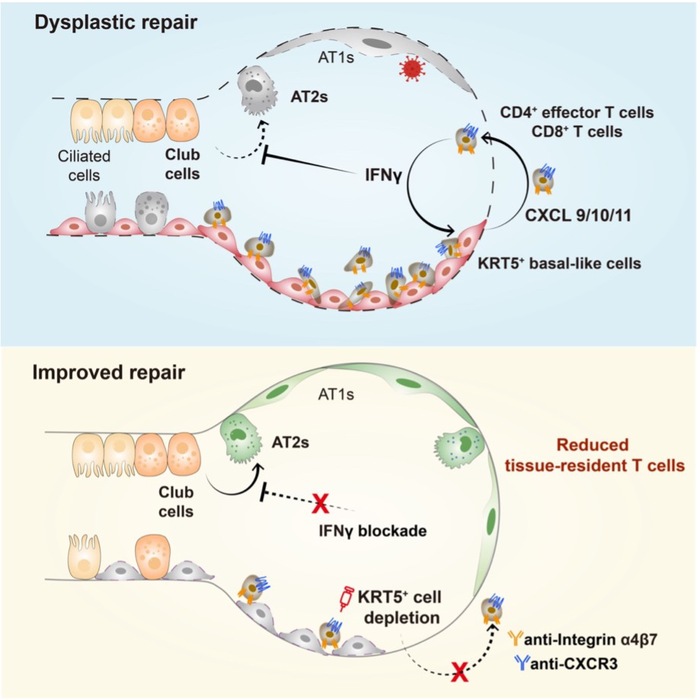
On December 23, Assistant Professor Xi Ying’s lab at the School of Life Science and Technology (SLST), in collaboration with Prof. Ren Tao from Shanghai Sixth People’s Hospital and Prof. Zhao Jincun from Guangzhou Medical University/Guangzhou Laboratory, published a paper entitled “Dysplastic epithelial repair promotes the tissue-residence of lymphocytes to inhibit alveolar regeneration post viral infection” in the journal Cell Stem Cell. For the first time, this work reveals the pathogenetic role of KRT5+ pods in lung regeneration, serving as a niche for tissue-resident ly